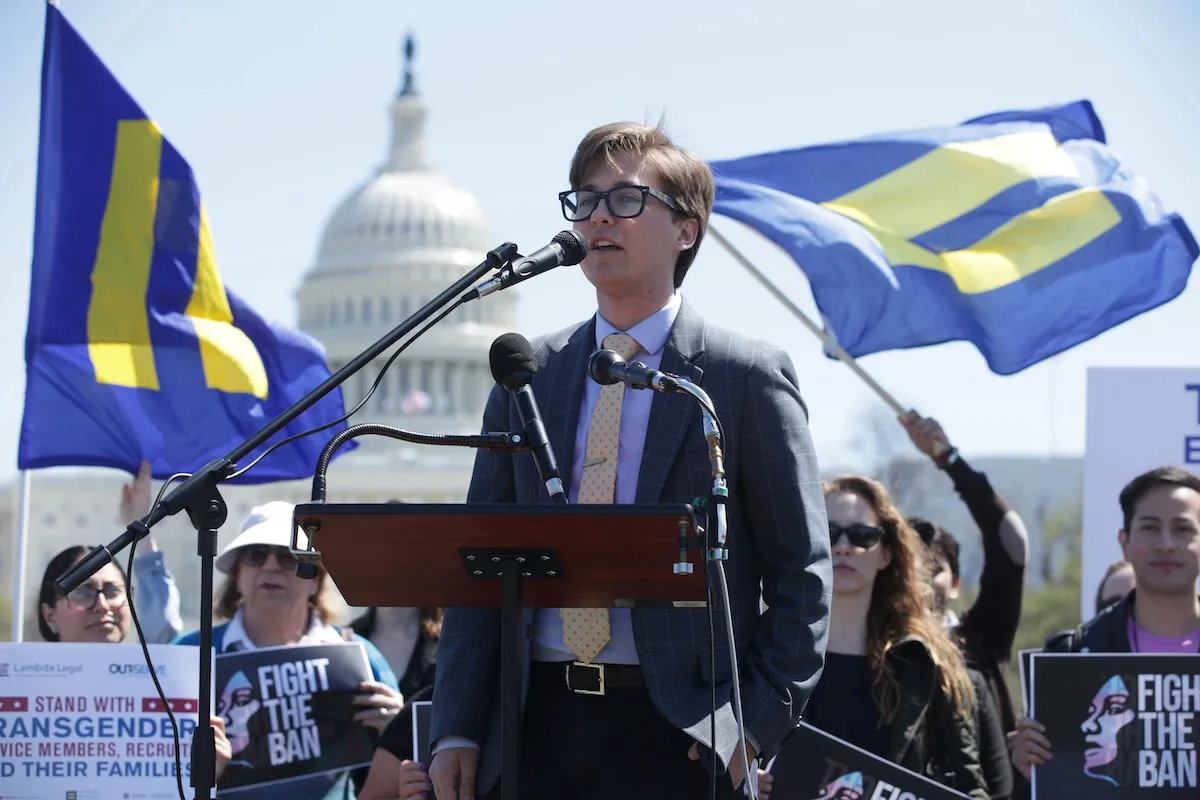January 2, 2015
Some Florida Counties to End Courthouse Weddings to Avoid Same-Sex Ceremonies
Bobby McGuire READ TIME: 2 MIN.
JACKSONVILLE, Fla. - A handful of Florida county clerks say they will stop offering courthouse wedding ceremonies, partly to avoid performing those ceremonies for same-sex couples.
The clerks of court in Duval, Clay and Baker counties say they will have no choice but to issue marriage licenses to same-sex couples starting next week when Florida's ban on same-sex marriage is set to expire. However, they have decided to end all courthouse weddings to avoid performing those ceremonies for same-sex couples, among other reasons.
The clerks in Santa Rosa and Okaloosa counties also have made similar announcements.
Duval County Clerk of Courts Ronnie Fussell tells The Florida Times-Union that none of his staff members who currently officiate wedding ceremonies felt comfortable performing same-sex weddings.
"It was decided as a team, as an office, this would be what we do so that there wouldn't be any discrimination," Fussell said. "The easiest way is to not do them at all."
Nadine Smith, co-founder and chief executive of the gay rights group Equality Florida, said the clerks' decision was shocking.
"I think it would be outrageous for clerks to change the rules simply because gay couples are getting married," she said.
There were 1,911 wedding ceremonies performed at the Duval County courthouse in 2013, compared to 6,342 marriage licenses issued. About 330 Clay County couples are married at its courthouse each year, and Baker County averages about 30 wedding ceremonies a year.
Fussell said he believed marriage "is between a man and a woman." He added, "Personally it would go against my beliefs to perform a ceremony that is other than that."
Baker County Clerk Stacie Harvey said the room where weddings are performed each year will now be used as space for people filling out paperwork related to domestic violence injunctions.
"I needed the space and our county, we're in the Bible Belt," she said, adding that a law requiring her to issue marriage licenses to same-sex couples was not a mandate to marry those couples at the courthouse.
Justin Horan, general counsel for the Clay County clerk of courts, said the statewide debate over gay marriage accelerated discussions over ending courthouse weddings. The courthouse also is cutting back services related to passport applications and purchasing foreclosed properties.
"Really it just expedited our evaluation on whether to continue to offer marriage ceremonies," he said. "We had been talking about it for several months now."
U.S. District Judge Robert Hinkle's ruling that Florida's same-sex marriage ban is unconstitutional has generated confusion among the state's county clerks over whether the ruling applied statewide or only to Washington County in the Panhandle, where a lawsuit challenging the ban originated.
The association that represents county clerks has said the ruling applies only in Washington County, but gay rights groups argued the decision applies to all of Florida's 67 clerks of court.
Hinkle stayed his ruling, but the stay is scheduled to expire Jan. 5.
An Associated Press survey of Florida's county clerks found that an overwhelming majority didn't plan to issue marriage licenses to same-sex couples until they had further legal clarity. Hinkle has yet to respond to the Washington County clerk's request for clarity as to whether the ruling applied only to her county or to all of Florida.


